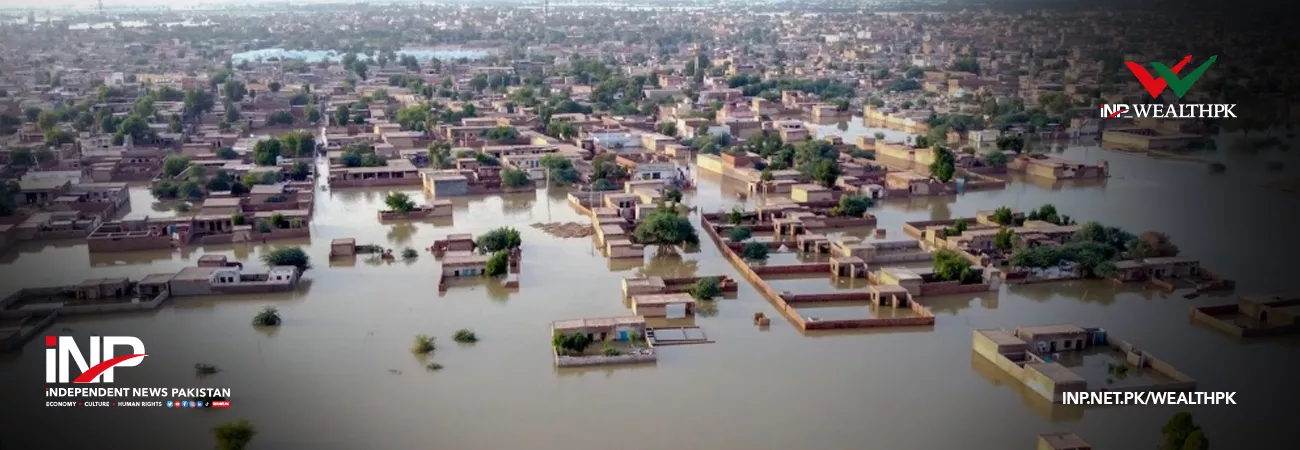INP-WealthPk
Arooj Zulfiqar
Pakistan faces a range of natural disaster risks, and it is essential that the country adopts a more proactive approach to disaster management. Therefore, impact-based forecasting and proactive planning is crucial to mitigating the effects of natural disasters, reports WealthPK. “Pakistan has experienced a number of natural disasters in recent years, ranging from floods and earthquakes to droughts and landslides. In the face of these challenges, it is important that the country adopts a more proactive approach to disaster management, one that focuses on impact-based forecasting and planning,” said an official of the National Disaster Management Authority (NDMA), pleading anonymity.
“Impact-based forecasting is an approach that emphasizes the potential impact of a natural disaster on people, infrastructure, and the environment rather than just predicting the occurrence of the event,” the official said. “This means that instead of simply predicting when and where a flood or earthquake might occur, forecasters would provide information on how severe the event might be, what areas are most likely to be affected, and how people can best prepare for it,” he said.
“Proactive planning, on the other hand, involves taking steps to mitigate the effects of a natural disaster before it occurs. This can involve measures such as building a more resilient infrastructure, implementing early warning systems, and educating communities on how to prepare for and respond to natural disasters,” he adds. The NDMA official said Pakistan needs to adopt these approaches to disaster management, arguing that they can help reduce the loss of life and property damage that often results from natural disasters.
“In addition, Pakistan should invest more in modern technology and data collection systems to improve forecasting accuracy and enable timely responses. This includes the use of satellite imagery, remote sensing, and machine learning algorithms to monitor weather patterns and predict potential hazards,” he added.In this regard, a workshop on "Impact-based Forecasting (IBF) and Anticipatory Action Planning" was organized by the Pakistan Meteorological Department in association with the Food and Agriculture Organization of the United Nations (FAO) and Regional Integrated Multi-Hazard Early Warning Systems for Asia and Africa, (RIMES).
During the workshop, the experts and participants expressed their views that globally impact-based predictions and warnings were more frequently utilized to inform the end users about the dangers and potential consequences of climate-related disasters. This allows for proactive action planning and lessens the effects of these disasters.Chief guest, Idrees Mahsud, Member of Disaster Risk Reduction at the NDMA, appreciated the contribution of FAO and RIMES to resilience building of Pakistan by partnering with the government departments. He said there was a need to strengthen forecasting capabilities and dissemination mechanisms, and create an understanding of what forecast and warning meant.
Credit: Independent News Pakistan-WealthPk




